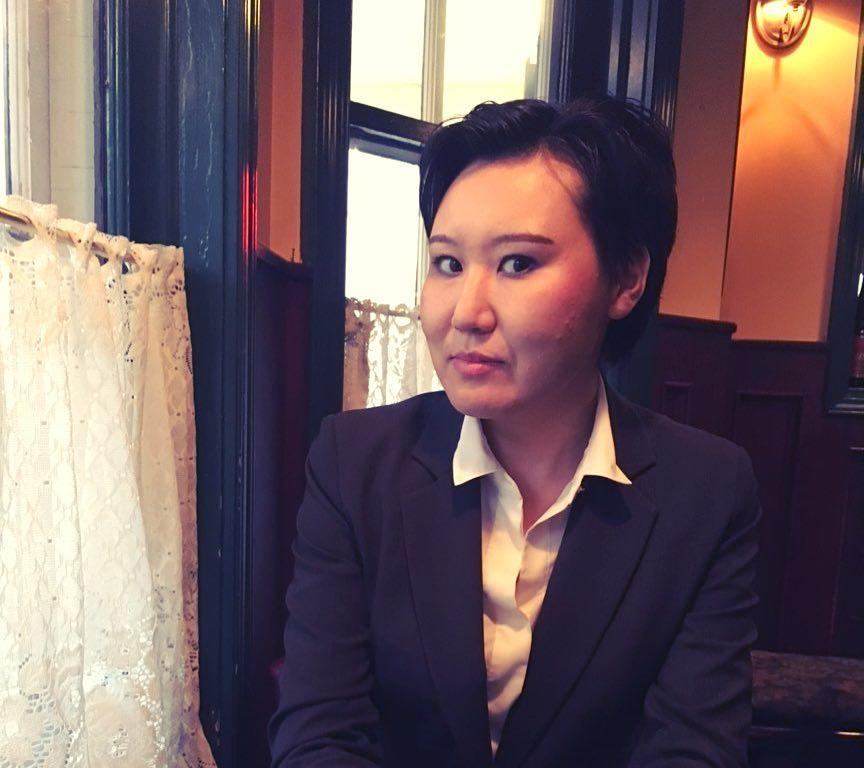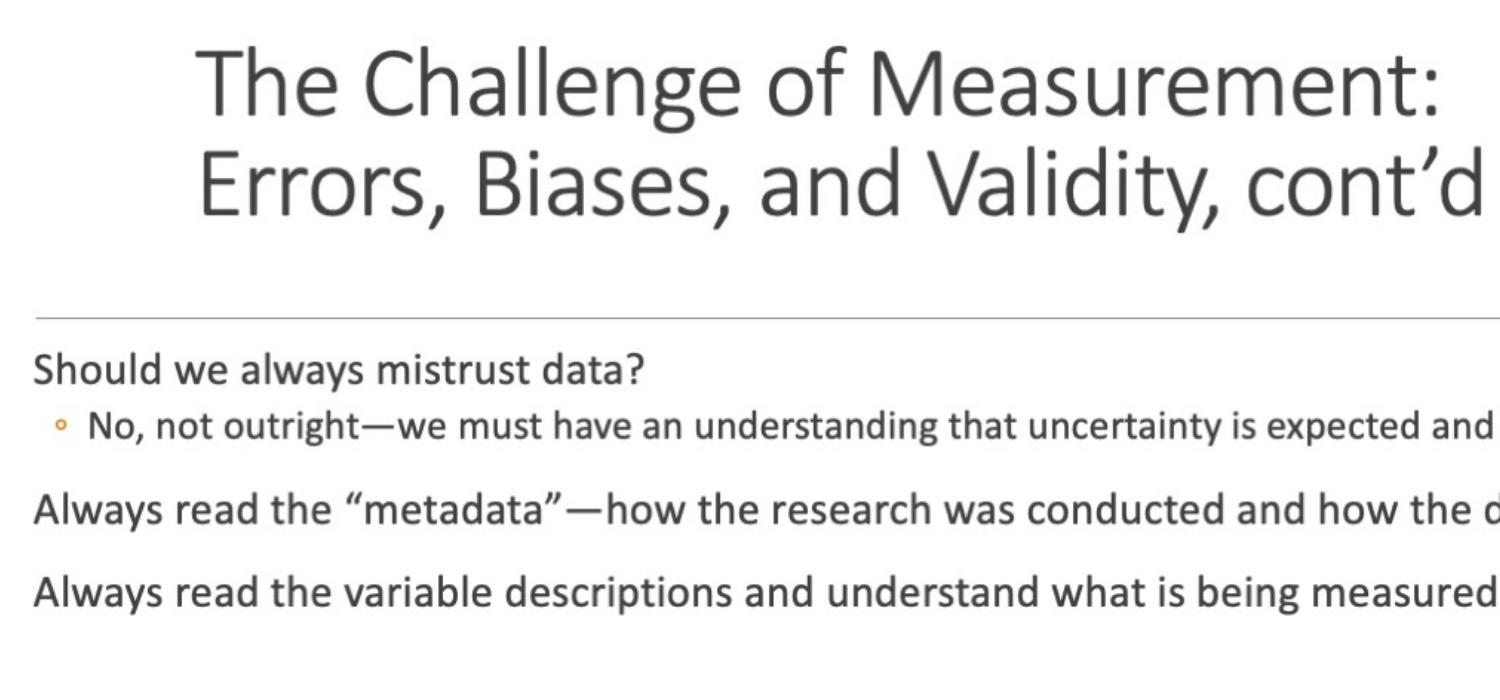
Jan. 18, 2021
What We Are Learning This Week with Dr. Jen Sidorova

Jan. 18, 2021 in POLI 359 Introduction to Comparative Politics
Dr. Evgeniia (Jen) Sidorova is exploring the basics of theories, hypotheses, and evidence in comparative politics.
Can you tell us a little more about this topic?
We’ll be learning about the basics of methodology in political science: What is a hypothesis, how to test it, what is evidence, and how to find it? Also, we’ll talk about biases, errors, and validity in comparative politics. If you want to become a researcher, it is very important for you to understand what causation and correlation are. We will also go through the case studies from Latin American and African countries. For example, we’ll look at how Latin America suffered from economic dependency relative to the global industrial powers. By analyzing the relationship between Latin America and the core countries such as the USA, we’ll see how dependency has emerged, and what factors caused this situation.
What else do you cover in your course?
I am really excited about the lectures on authoritarian regimes and democratic breakdown. As I was born in the USSR, I have been always curious about the causes of transitions to authoritarian regimes. What causes authoritarian regimes to emerge and persist? Sudden shifts from autocracy to democracy is another Interesting topic. There are many different case studies of authoritarian regimes, and within this course, we’ll talk about the reasons why Zimbabwe become authoritarian.

What do you most enjoy about teaching and what do you find most challenging?
I found the class discussions to be a real gem of teaching. Every classroom discussion has so many bright insights about politics. Students suggest many exciting points, and it is always fascinating to learn about their life experiences. Recently, we talked a lot about the impact of domestic lockdowns on the global economy and the balance of power. I like asking challenging questions, and, as I noticed, students usually pick their research paper ideas based on these discussions. Recently, it was a bit challenging to teach without seeing students’ faces. I ended up imagining their faces in my mind.
Finally, what other courses would you recommend for students interested in this topic?
Definitely, any courses in international relations! IR topics always have a lot of opportunities for debates and argumentation. I think, anyone who is interested in politics, should, at least, learn about the major theories of IR. In addition, IR theories correspond a lot with other social sciences disciplines. Social constructivism, for instance, is also well-known in psychology and anthropology. Taking POLI 381 Introduction to International Relations is a wonderful chance to discover the complexity of human and state interactions.
